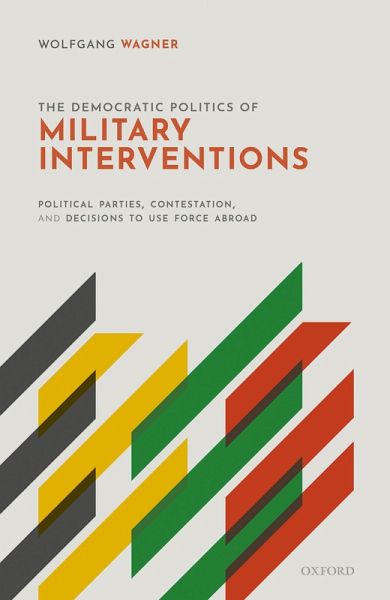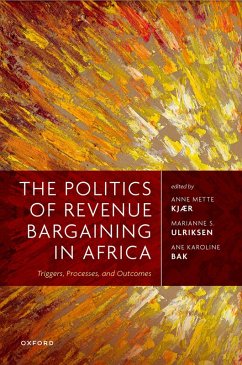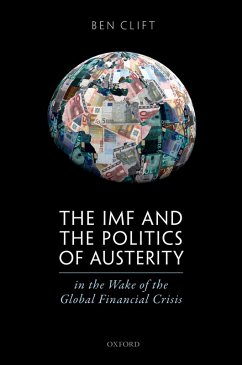
The Democratic Politics of Military Interventions (eBook, PDF)
Political Parties, Contestation, and Decisions to Use Force Abroad
Versandkostenfrei!
Sofort per Download lieferbar
36,95 €
inkl. MwSt.
Weitere Ausgaben:

PAYBACK Punkte
18 °P sammeln!
According to a widely shared notion, foreign affairs are exempted from democratic politics, i.e. party-political divisions are overcome-and should be overcome-for the sake of a common national interest. This book shows that this is not the case. Examining votes in the US Congress and several European parliaments, the book demonstrates that contestation over foreign affairs is barely different from contestation over domestic politics. Analyses of a new collection of deployment votes, of party manifestos, and of expert survey data show that political parties differ systematically over foreign po...
According to a widely shared notion, foreign affairs are exempted from democratic politics, i.e. party-political divisions are overcome-and should be overcome-for the sake of a common national interest. This book shows that this is not the case. Examining votes in the US Congress and several European parliaments, the book demonstrates that contestation over foreign affairs is barely different from contestation over domestic politics. Analyses of a new collection of deployment votes, of party manifestos, and of expert survey data show that political parties differ systematically over foreign policy and military interventions in particular. The left/right divide is the best guide to the pattern of party-political contestation: support is weakest at the far left of the spectrum and increases as one moves along the left/right axis to green, social democratic, liberal and conservative parties; amongst parties of the far right, support is again weaker than amongst parties of the centre. An analysis of parliamentary debates in Canada, Germany, and the United Kingdom about the interventions in Afghanistan and against Daesh in Iraq and Syria shows that political parties also differ systematically in how they frame the use of force abroad. For example, parties on the right tend to frame their country's participation in the US-led missions in terms of national security and national interests whereas parties on the left tend to engage in 'spiral model thinking', i.e. they critically reflect on the unintended consequences of the use of force in fuelling the conflicts with the Taliban and Daesh.
Dieser Download kann aus rechtlichen Gründen nur mit Rechnungsadresse in A, B, BG, CY, CZ, D, DK, EW, E, FIN, F, GR, HR, H, IRL, I, LT, L, LR, M, NL, PL, P, R, S, SLO, SK ausgeliefert werden.













